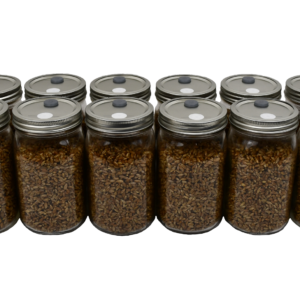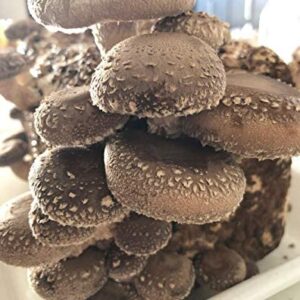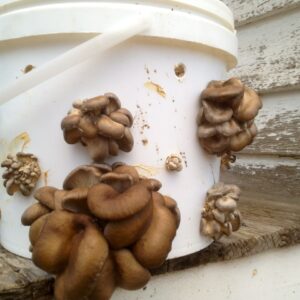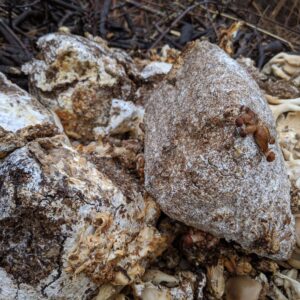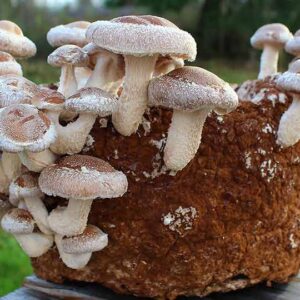Exploring Substrates: Their Role in Biology, Chemistry, and Plant Growth
Introduction
Introduce substrates as fundamental components in various fields, providing surfaces or materials for organisms to grow or reactions to occur.
Substrates in Biology
Cellular and Molecular Context
Discuss substrates in cellular biology, highlighting their role as surfaces or materials for cellular attachment, growth, and biochemical reactions.
Enzymatic Reactions
Explore substrates as the material on which enzymes act, initiating biochemical reactions essential for metabolism and biological processes.
Substrates in Chemistry
Chemical Reactions
Discuss substrates in chemical reactions, focusing on their role as the base or surface where chemical transformations occur, influencing reaction rates and outcomes.
Catalytic Surfaces
Examine substrates as catalysts or surfaces in catalysis, elucidating their significance in accelerating chemical reactions while remaining unchanged themselves.
Substrates in Plant Growth and Horticulture
Growing Mediums
Explore substrates in gardening and plant growth, discussing their role as growing mediums providing support, nutrients, and aeration for plant roots.
Hydroponics and Substrate Alternatives
Discuss modern practices like hydroponics, where substrates are utilized differently or replaced with alternative mediums for plant cultivation.
Conclusion
Summarize the multifaceted significance of substrates across biology, chemistry, and horticulture, highlighting their fundamental role as surfaces or materials for growth, reactions, and plant development.
Substrates
Substrates
Substrates
Substrates
Substrates
Substrates

